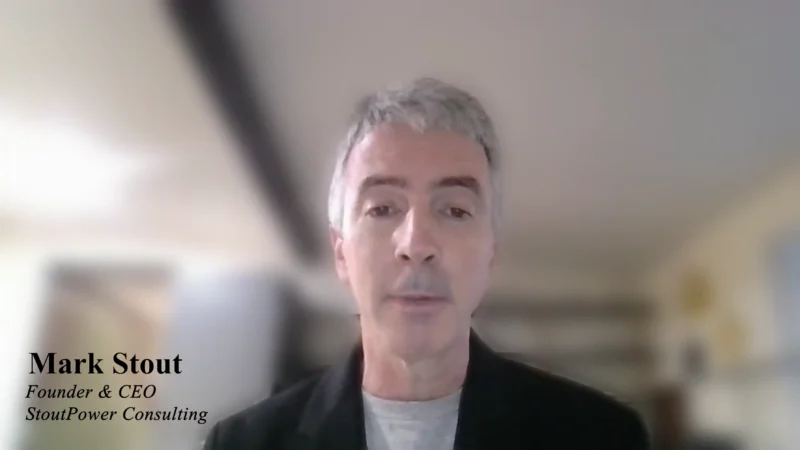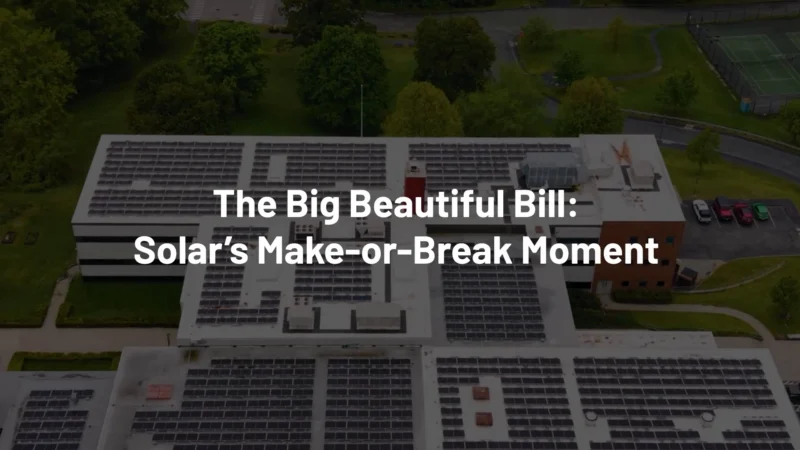Direct Pay Credits are a Game Changer for Renewable Energy and Tax-Exempt Entities
Within the landscape of renewable energy and tax legislation, direct pay credits have emerged as a pivotal development, especially in the wake of the Inflation Reduction Act. This new concept allows certain tax-exempt entities to monetize tax credits without having any tax liability. Ultimately, this is a major game-changer for institutions like universities, hospitals, and government organizations. The stakes are high as these entities can now access substantial financial incentives to invest in renewable energy projects, accelerating the transition to a sustainable future. According to recent IRS rules, this shift is set to make a significant impact, particularly for entities that previously had no way to benefit from tax credits.
What exactly are direct pay credits, and how can tax-exempt entities take advantage of the opportunity?
On the latest episode of the “Energy Conversation,” a Moss Adams podcast, host Michelle Dawn Mooney talked with Matt Kaden, Managing Director at Moss Adams, to explore the intricacies of direct pay credits, a new financial tool introduced by the Inflation Reduction Act.
Several key moments of their conversation included:
- Understanding the basic concept and how it differs from traditional tax credits.
- A detailed look at which tax-exempt entities can benefit and the specific conditions under which they can claim direct pay.
- A step-by-step guidance on how entities can claim these credits and the potential impacts on renewable energy projects.
Matt Kaden, Managing Director at Moss Adams and has been a seasoned advisor in the energy sector for more than a decade. He is also an expert in tax credit monetization and renewable energy financing. With a background in tax advisory and a focus on sustainable energy solutions, Kaden has played a crucial role in guiding entities through the complexities of new tax legislation. He holds a degree in Accounting and Finance.
Article by Alexandra Simon.




